Wolfgang Hansson
That's something that rubs off in the NATO debate
Published: Less than 30 minutes ago
This is a commentary text. Analysis and positions are the writer's.
COLUMNISTS
This is something that is not true in the NATO debate.
Those who want Sweden to become a member insist that we do not need to send soldiers to an attacked NATO country if we do not want to.
The same people claim that other countries must help us militarily if we are attacked.
A basic idea behind the defense guarantee is that it should never really need to be used. Photo: Leon Neal / AP
The truth is that no one really knows how well NATO's defense guarantee works in the event of an attack on an individual country. Therefore, there is confusion about what really matters.
Paragraph five has only been triggered once before. It was in connection with the terrorist attack in the United States on September 11, 2001. But then it was not about another nation that directed a military attack on the United States, but about a terrorist organization.
How the defense guarantee would be applied in practice if, for example, Russia were to attack a Sweden that is a NATO member is difficult to establish with certainty.
A basic idea behind the defense guarantee is that it should never really need to be used. The idea is that the deterrent should be so great that no country dares to attack a NATO member.
If you look back at the more than 70 years that the Western military alliance has existed, the deterrence method has worked quite well.
The fact that there is a defense guarantee is absolutely central to the debate that is now going on in Sweden about applying for membership.
Proponents of NATO membership say that this is the only way for Sweden to be sure that we will receive help from others if we are attacked.
"The defense guarantee may not be as waterproof as we would like, but without membership there is no guarantee at all." Photo: Alexander Zemlianichenko / AP
Fight with Turkey
But a membership gives not only rights but also obligations. The flip side of the coin is that Sweden, in turn, must help other member states that request help.
Those who disapprove of Swedish NATO membership usually take Turkey as an example, a country that under President Tayyip Erdogan is trampling on democratic freedoms and rights and is moving in a direction that is very reminiscent of Putin's Russia. Despite this, Sweden must send soldiers to fight side by side with the Turkish army if Turkey requests help, say NATO critics.
Not at all, they claim NATO-friendly. The only thing Sweden promises is to assist Turkey in some way. It can be about anything other than military assistance.
According to NATO experts, this is entirely correct. Article 5 of the NATO Charter says nothing about what aid should look like. Only that an attack on a NATO country is an attack on everyone.
- Each country decides for itself which defense measures it deems necessary, writes Inger Österdahl, professor of international law at Uppsala University in an analysis for the Foreign Policy Institute. Armed violence is included in the arsenal but is not necessary.
But if we then turn the perspective; how safe can Sweden really be that other countries send troops to assist us if we are attacked, and not just helmets and field hospitals?
"Recently, I visited Lithuania and NATO soldiers stationed there as a signal to Russia that other NATO countries are ready to defend the Baltics against a Russian attack." Photo: Magnus Wennman
Logical somersault
Logical somersault
Other countries have the same right to choose in which way they want to help Sweden. If they do not want to send their soldiers to fight on Sweden's side, they do not need it.
Since it is up to each country to decide how it wants to help, one may wonder what NATO's defense guarantee is really worth.
In practice, there will of course be great pressure on the member states to contribute in such a way that the attack on Sweden in this case can be repulsed. But we actually know quite a bit about how the guarantee would work in practice.
When NATO friends claim that Sweden can choose for itself how we want to contribute, but at the same time claim that others must help Sweden militarily, it becomes a bit of a logical somersault. A way to both eat the cake and keep it.
NATO's Article Five consists of a single long sentence (another if you include the piece about all attacks being reported to the UN Security Council). It goes without saying that it is open to interpretation.
Sweden is already covered by the EU's collective defense guarantee, section 42. But since the United Kingdom and the United States are not members of the EU, it does not have the same weight. The EU does not have its own military structure.
"How the defense guarantee would be applied in practice if, for example, Russia were to attack a Sweden that is a NATO member is difficult to establish with certainty." Photo: Magnus Wennman
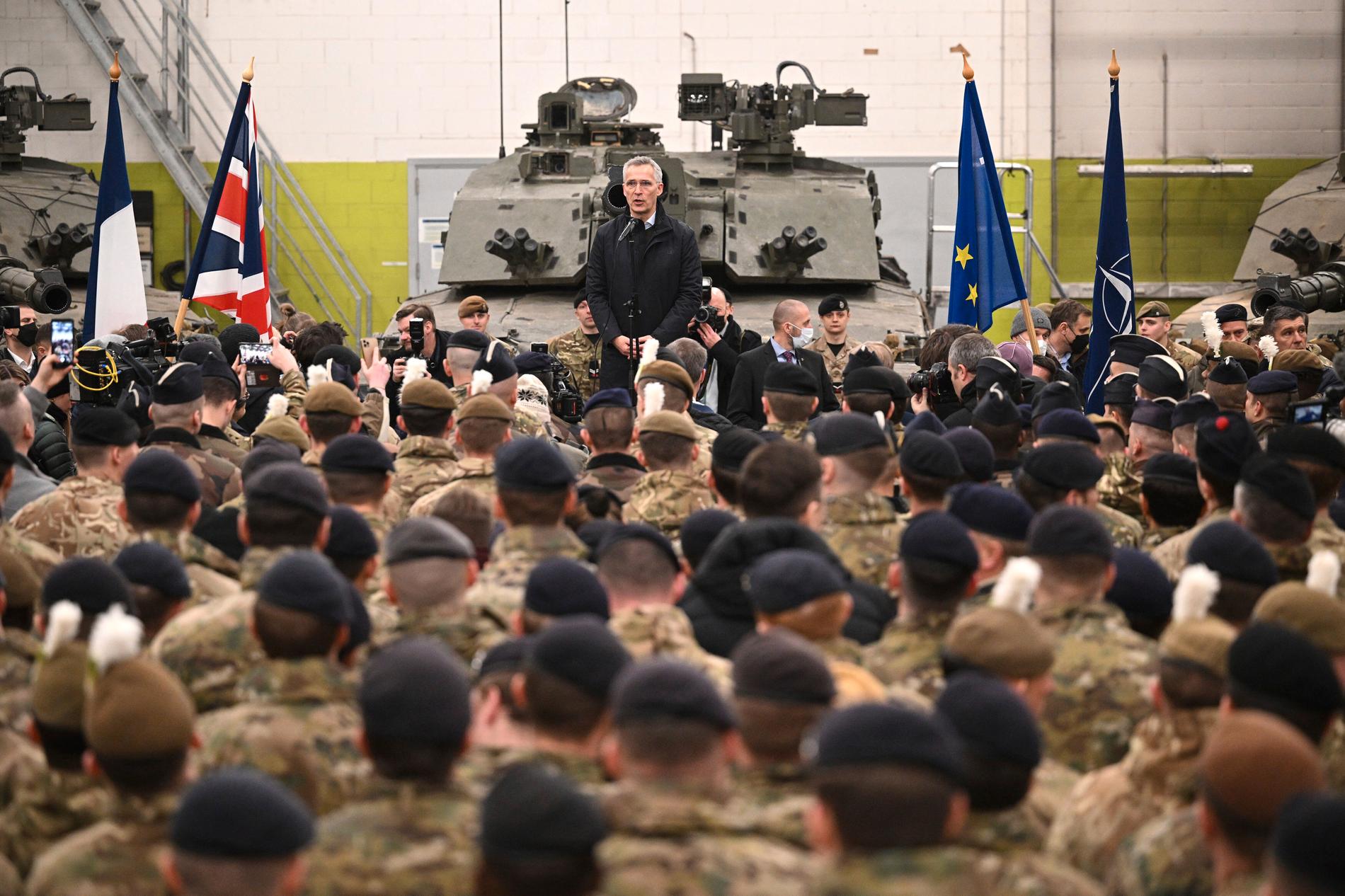
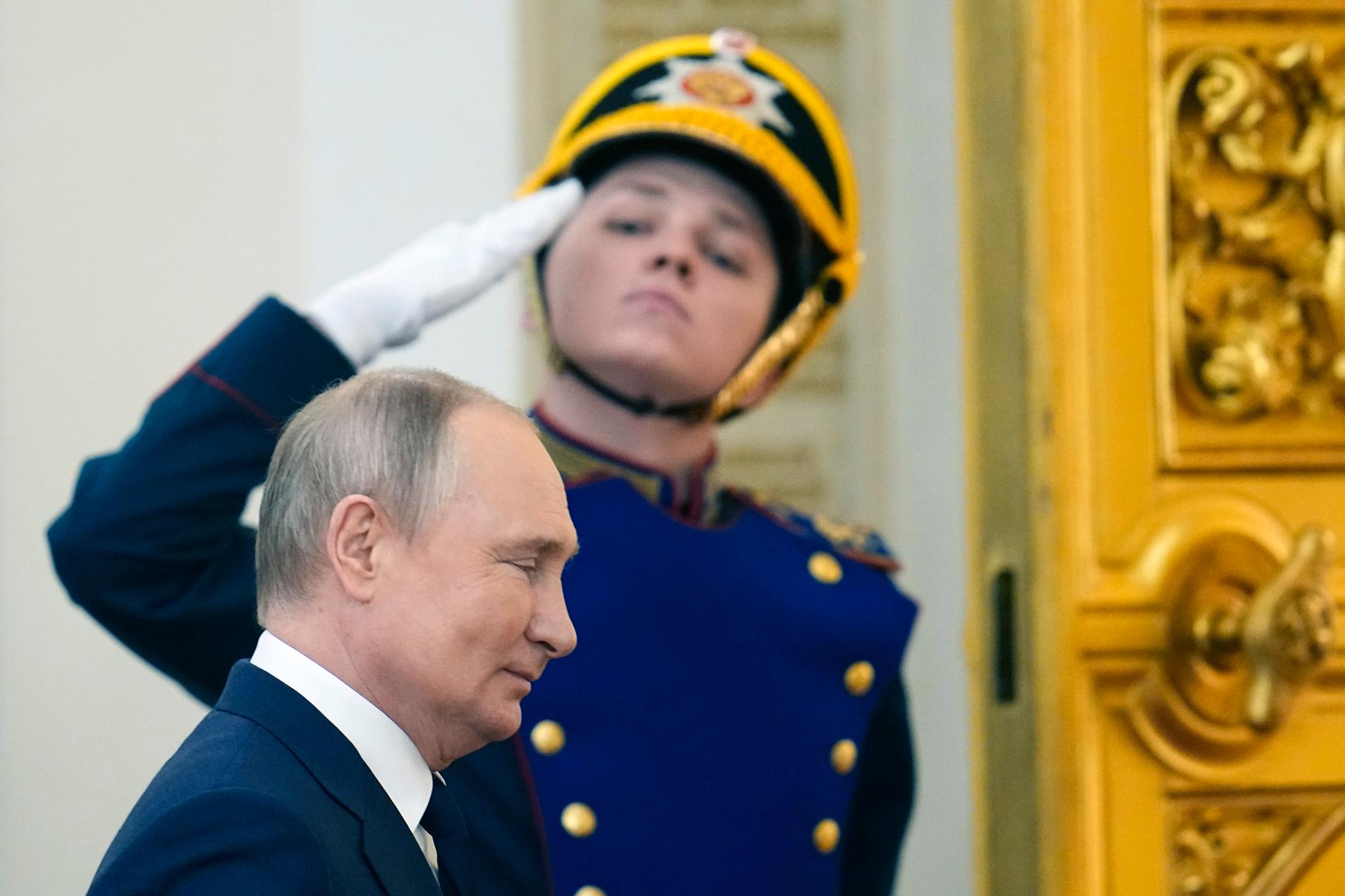
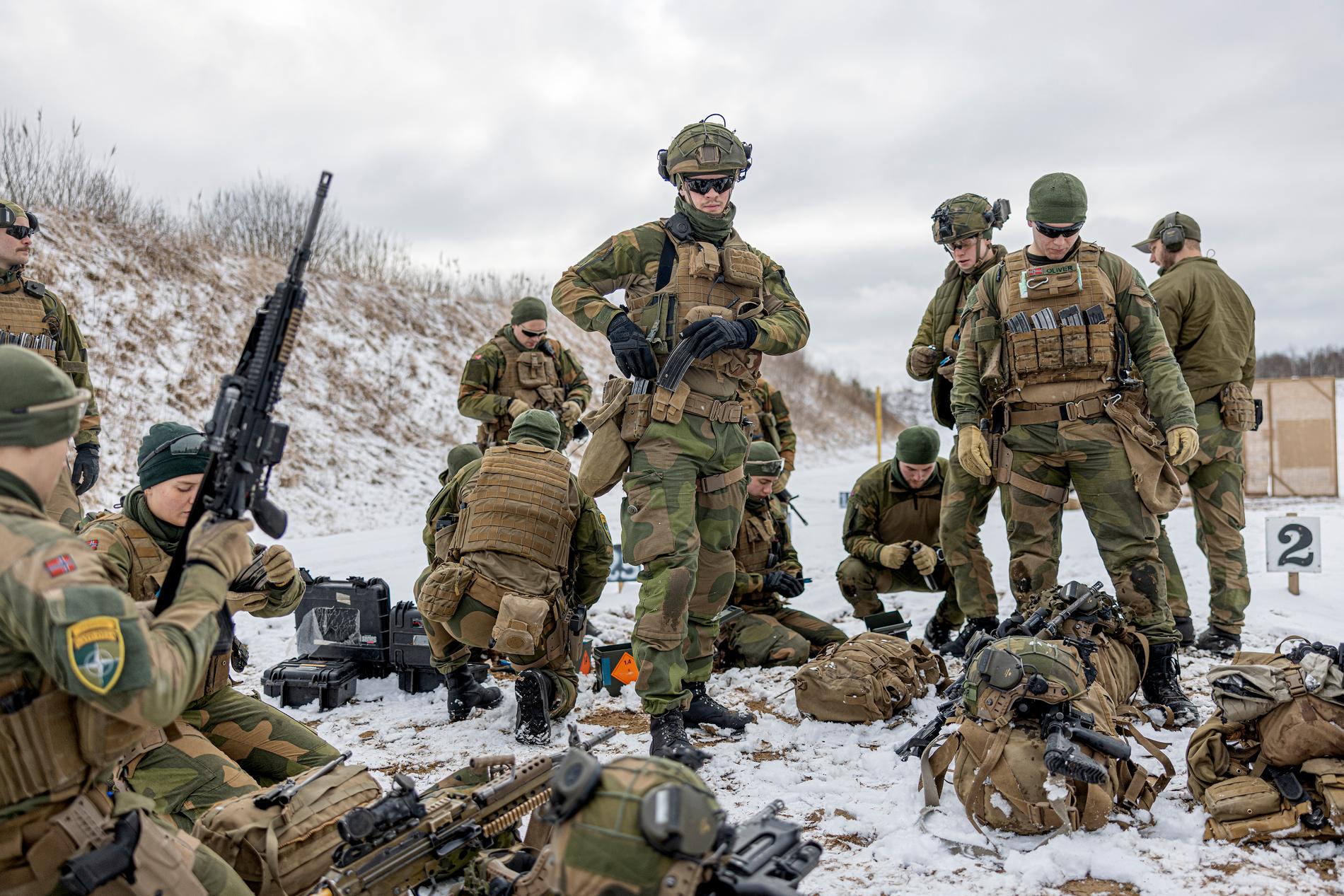
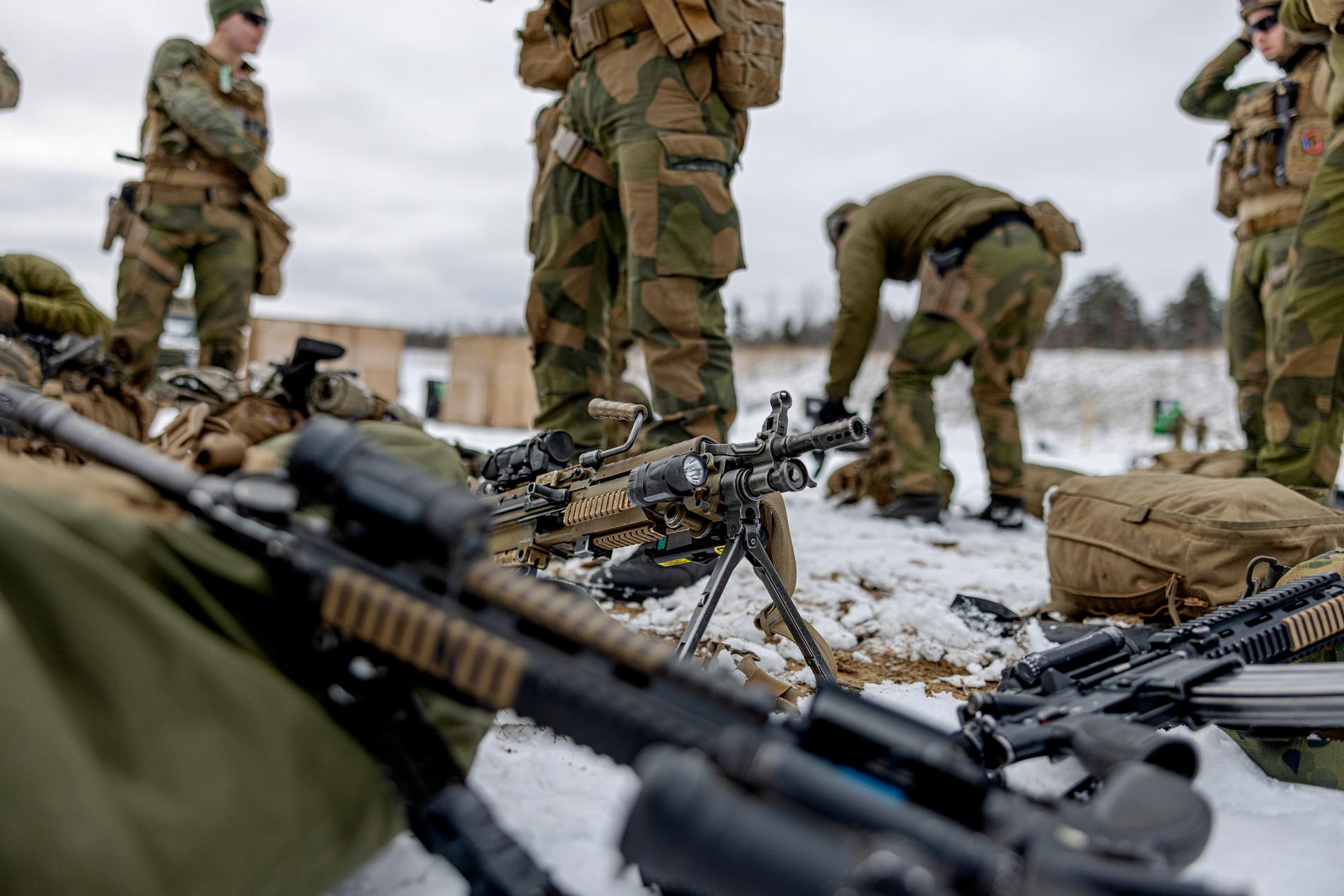
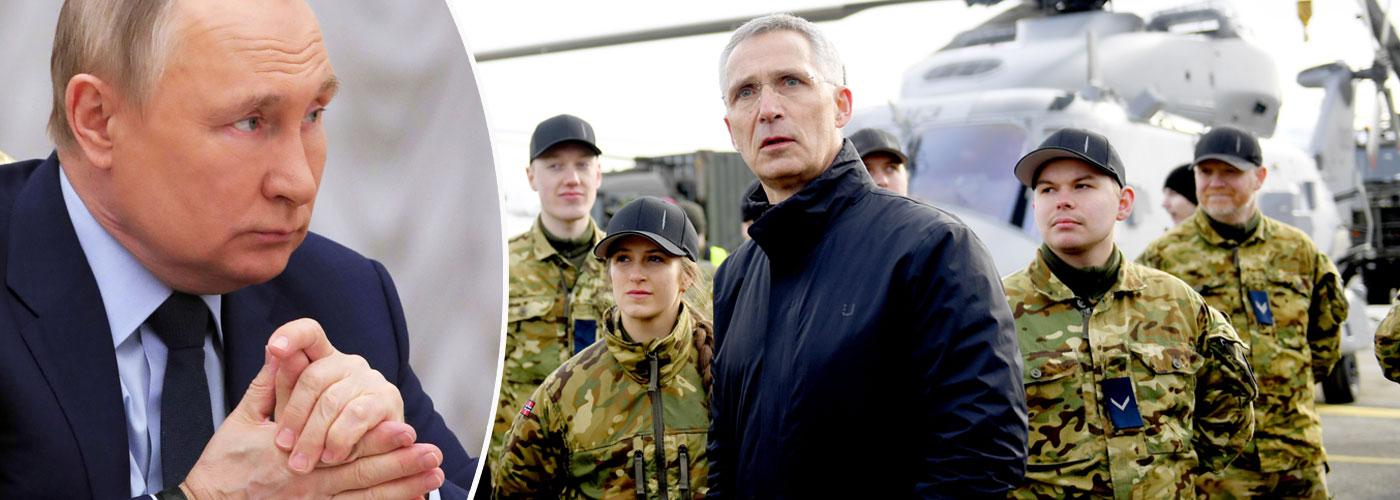
Inga kommentarer:
Skicka en kommentar